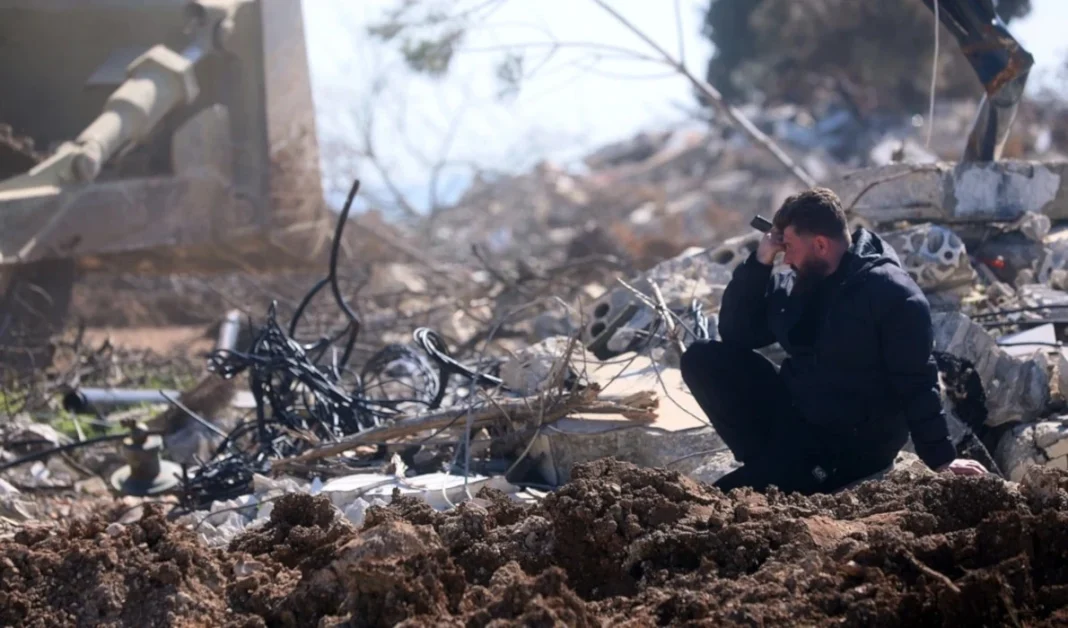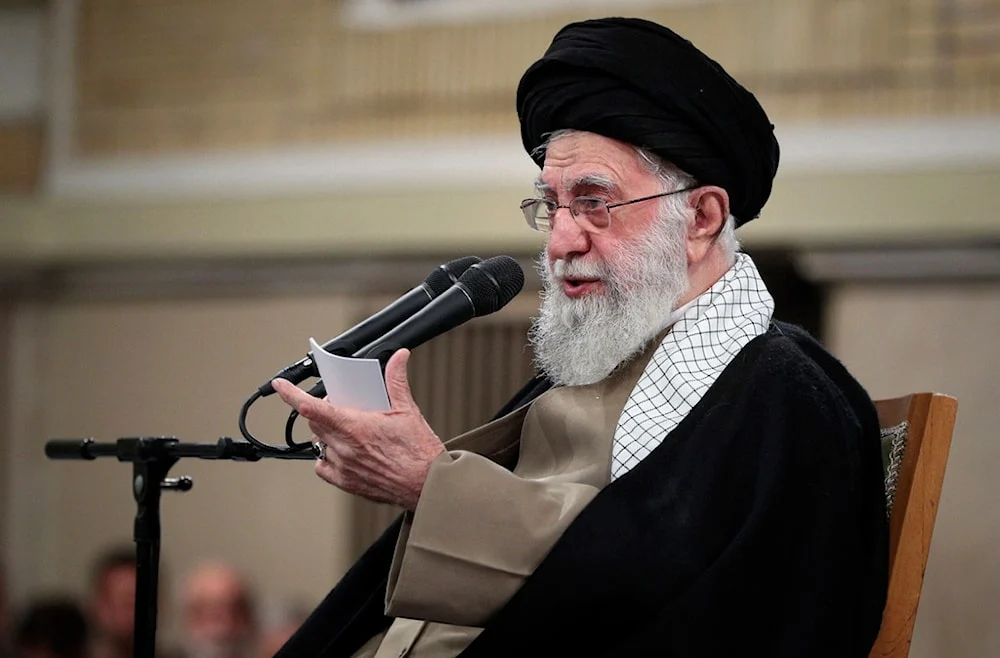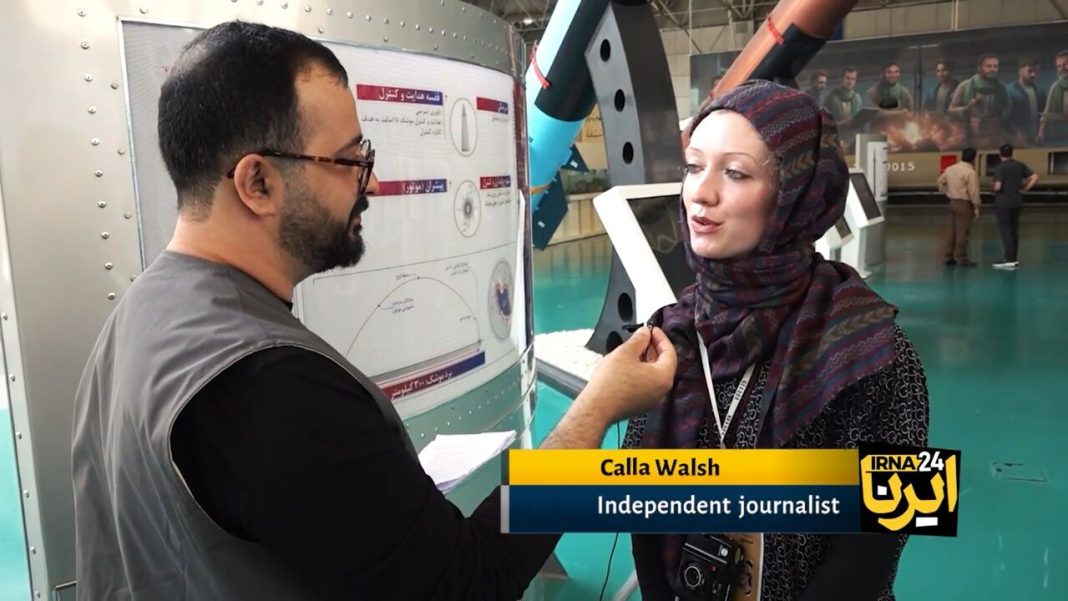The Central Bank of Lebanon issued a decision banning banks and financial institutions from dealing with “unlicensed exchange bureaus, money transfer companies, associations and organizations.” The statement specifically named institutions such as al-Qard al-Hasan Association, Cedars International SAL, al-Yusr Finance and Investment Company, and Bayt al-Mal Lil Muslimeen, along with other companies, groups, and associations listed on international sanctions lists.
Although framed with various justifications, the decision coincides with increased US pressure on Hezbollah. It has sparked wide debate over its true impact: is it, as Western powers claim, a financial blow to the party, or is it a blow to the poorer segments of society who depend on these institutions for survival?
Double Standards
The circular named institutions and companies, including al-Qard al-Hasan, that offer interest-free financial services. They manage gold and jewelry deposits, fund small projects, and help cover education and medical costs. These officially registered institutions have operated in Lebanon for decades, relying on donations and pledged gold, not international transfers or profit-driven activities.
They closely resemble charitable and financial institutions found across the Islamic world, such as Zakat House in Kuwait, al-Khidmat Foundation in Pakistan, zakat associations in Indonesia, and microfinance organizations in Egypt and Sudan. The only difference is the Lebanese political context, where any institution operating in areas associated with Hezbollah is subject to suspicion, while similar entities elsewhere are seen as development projects.
Baseless Accusations
Despite repeated accusations from the United States and the Israeli occupation, no concrete evidence has been presented linking these institutions to Hezbollah’s funding or military activity, because no such links exist. In fact, the party does not benefit financially from these institutions. On the contrary, losses from delayed repayments often become a financial burden on Hezbollah, not a source of revenue.
The decision must therefore be understood as part of an expanding Western and Israeli pressure campaign. While the direct financial impact on the party may be limited, it fits into a broader strategy to isolate Hezbollah from its social base, discredit its role as a service provider, and portray it as unable to protect the institutions associated with it.
This move is also part of a broader undeclared war on the party’s popular base. The real casualties are the poorer segments of Lebanese society that rely on these institutions for vital financial and social support; services with no viable alternatives in terms of reach or accessibility.
More worrying is that this decision may pave the way for broader and more harmful actions, potentially extending beyond financial institutions to include economic, social, educational, charitable, and sports organizations active in Hezbollah areas.
This is an edited translation of an article originally published in Arabic.



